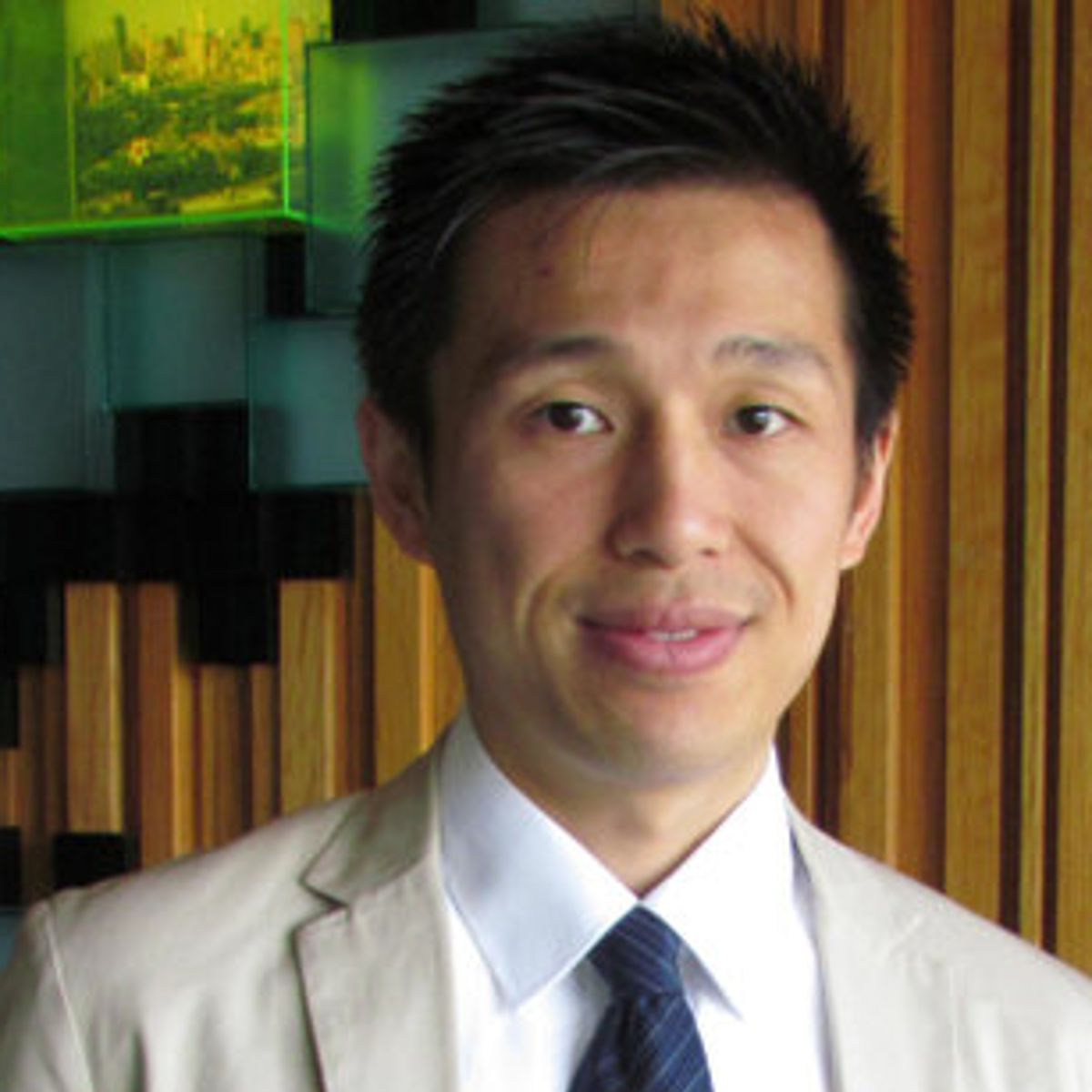Meet the Mentors
Commonwealth Futures Climate Research Cohort 2021
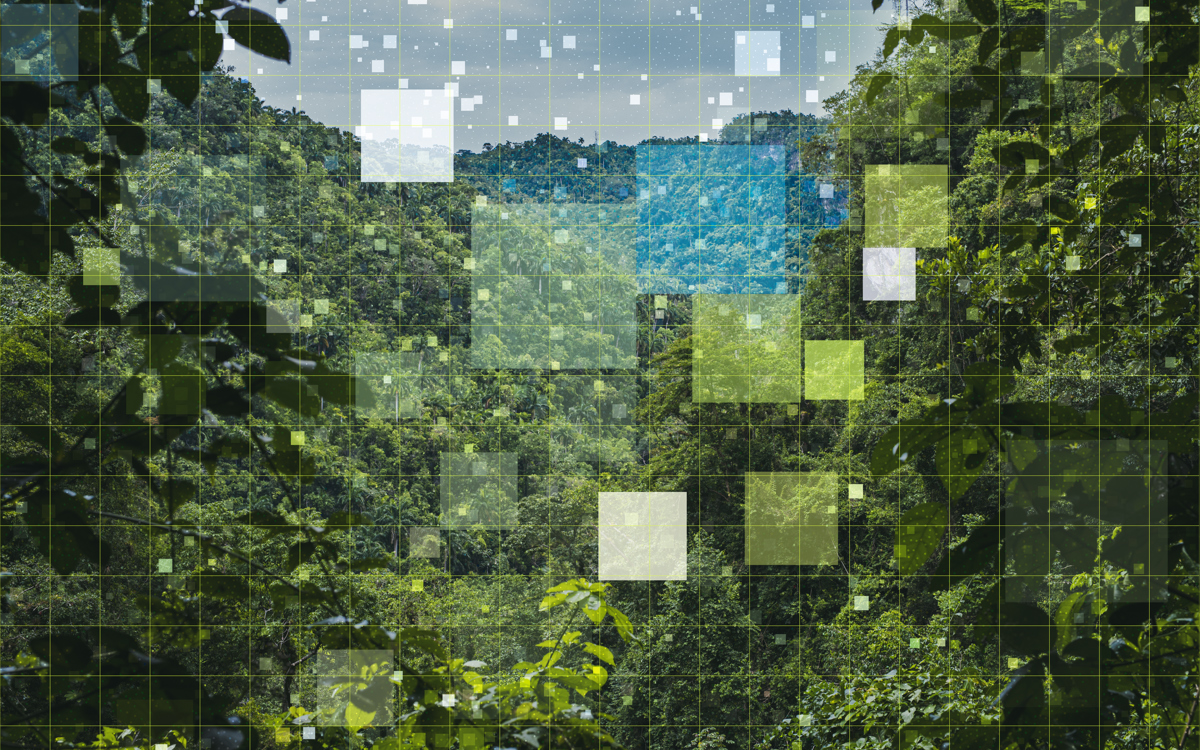
Meet the Mentors
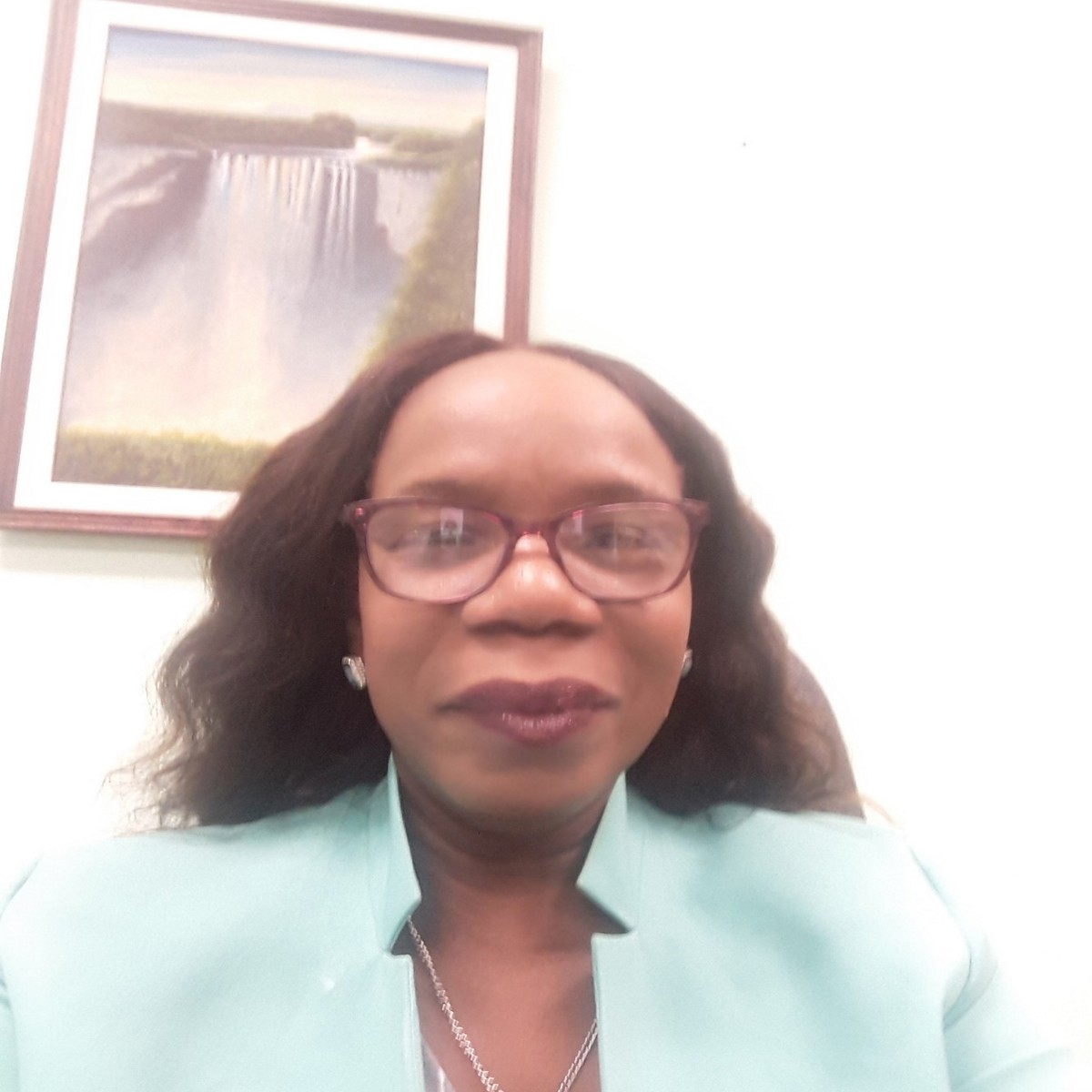
Dr Paulette Bynoe
University of Guyana
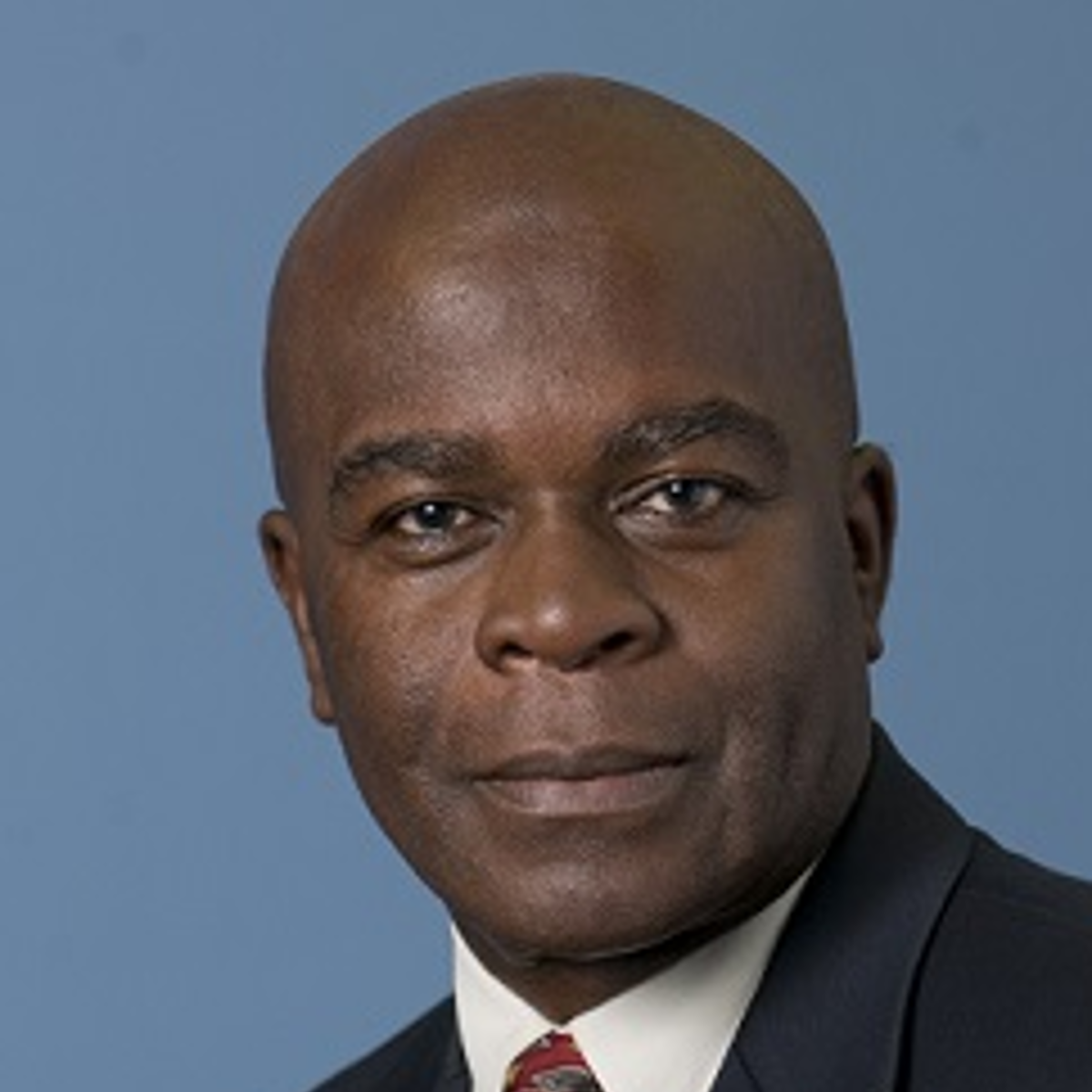
Jeremy Collymore
University of West Indies, Jamaica
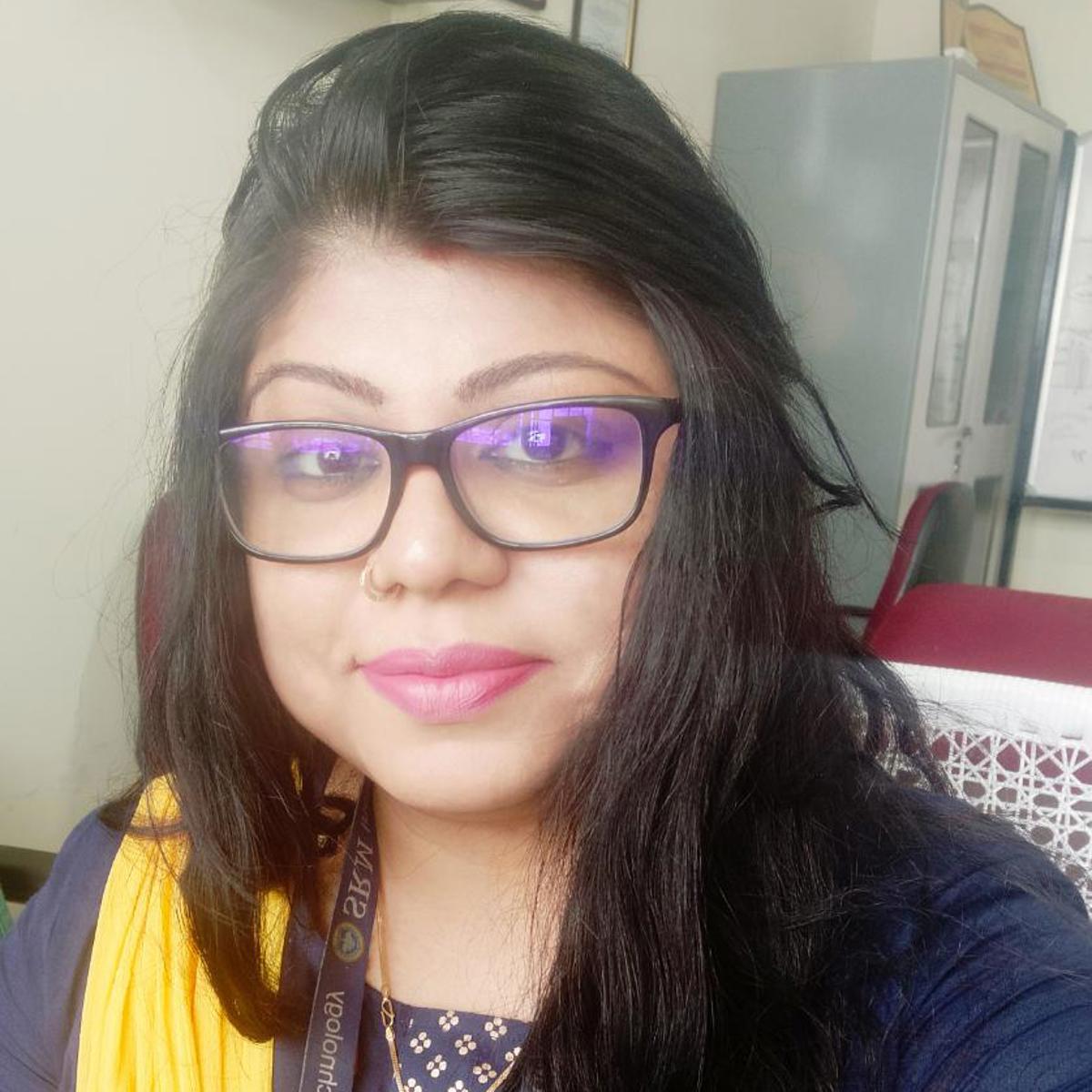
Professor Paromita Chakraborty
SRM Institute of Science and Technology, India
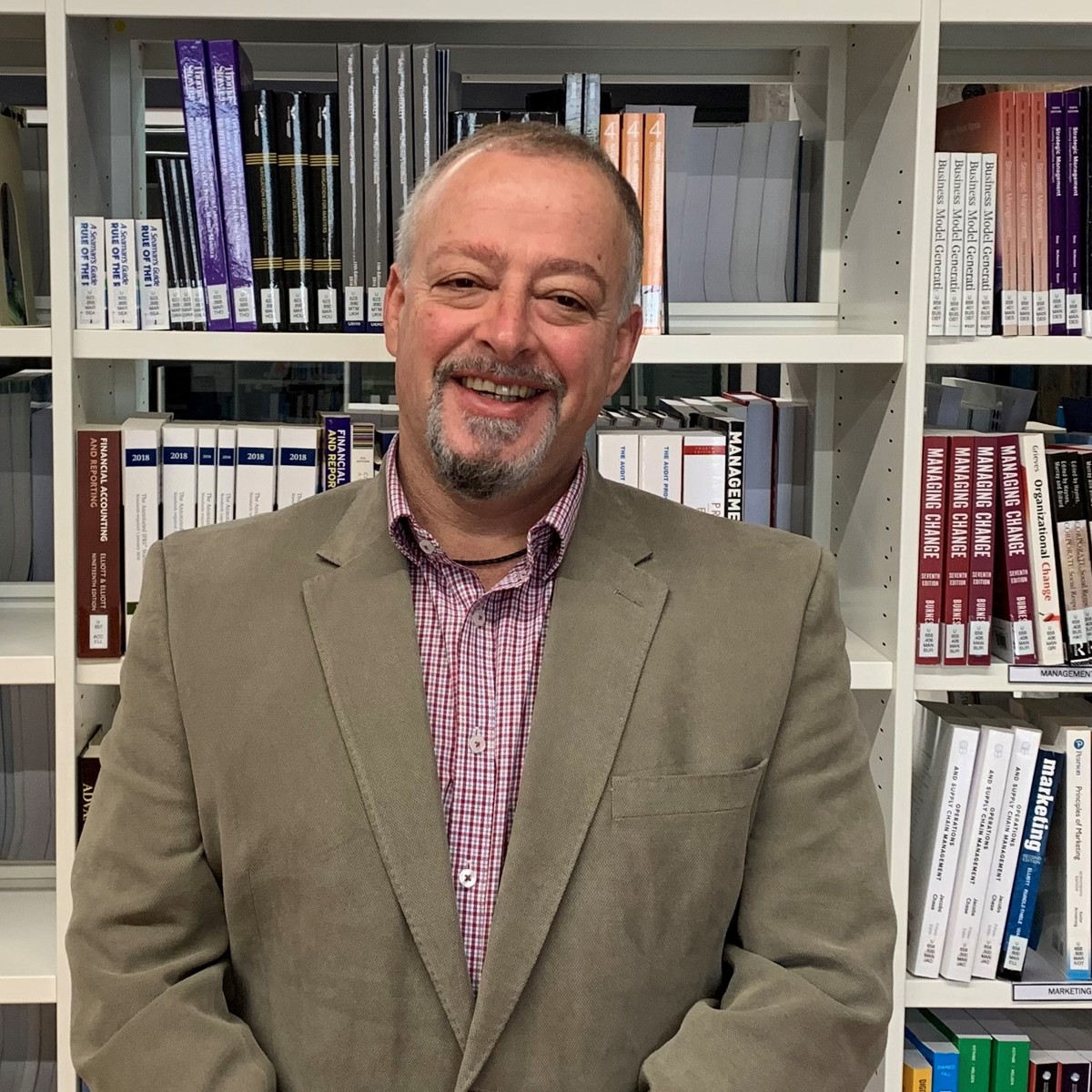
Dr Darren Fa
University of Gibraltar

Dr Jamie Hinks
Singapore Centre for Environmental Life Sciences Engineering (SCELSE)
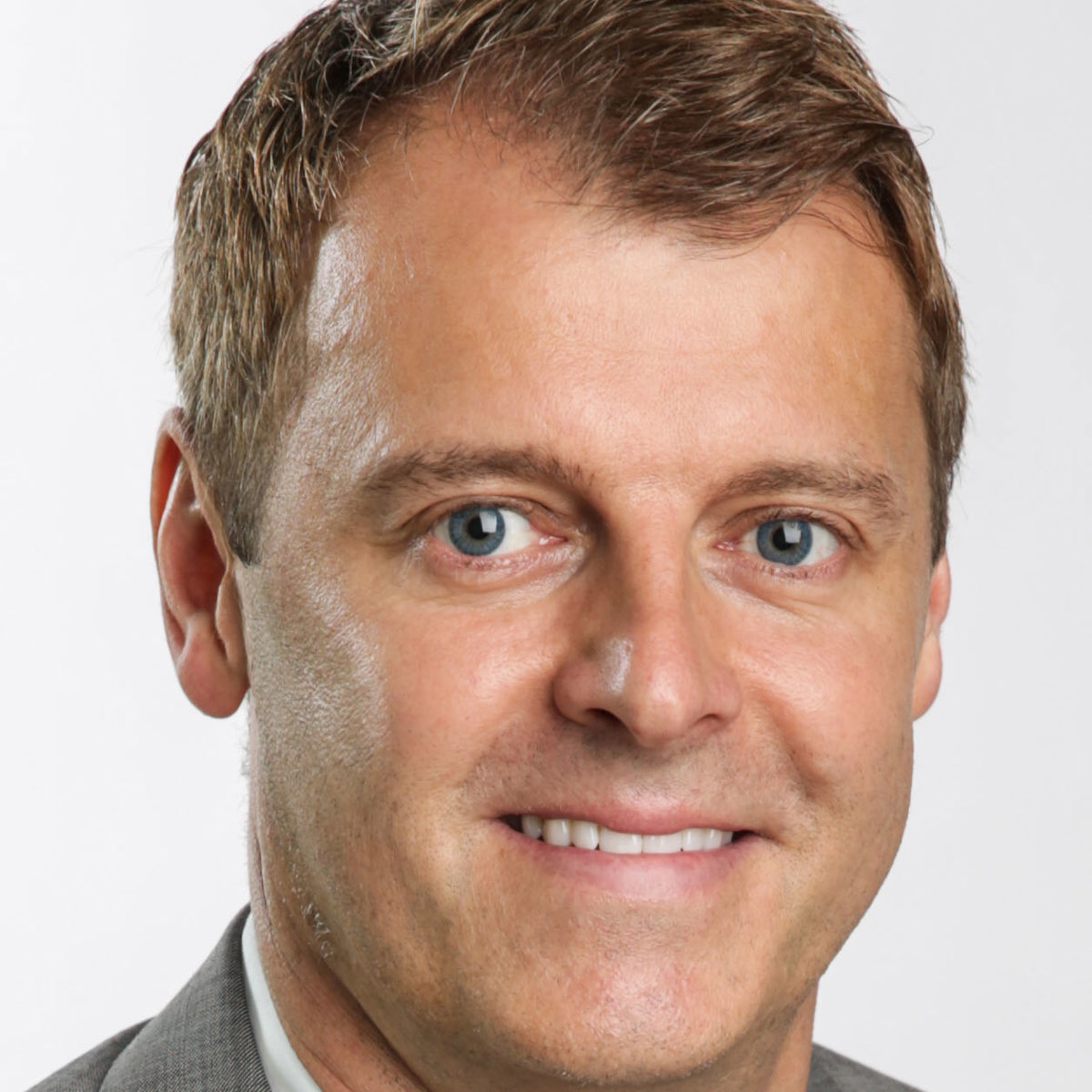
Professor Benjamin Horton
Nanyang Technological University, Singapore
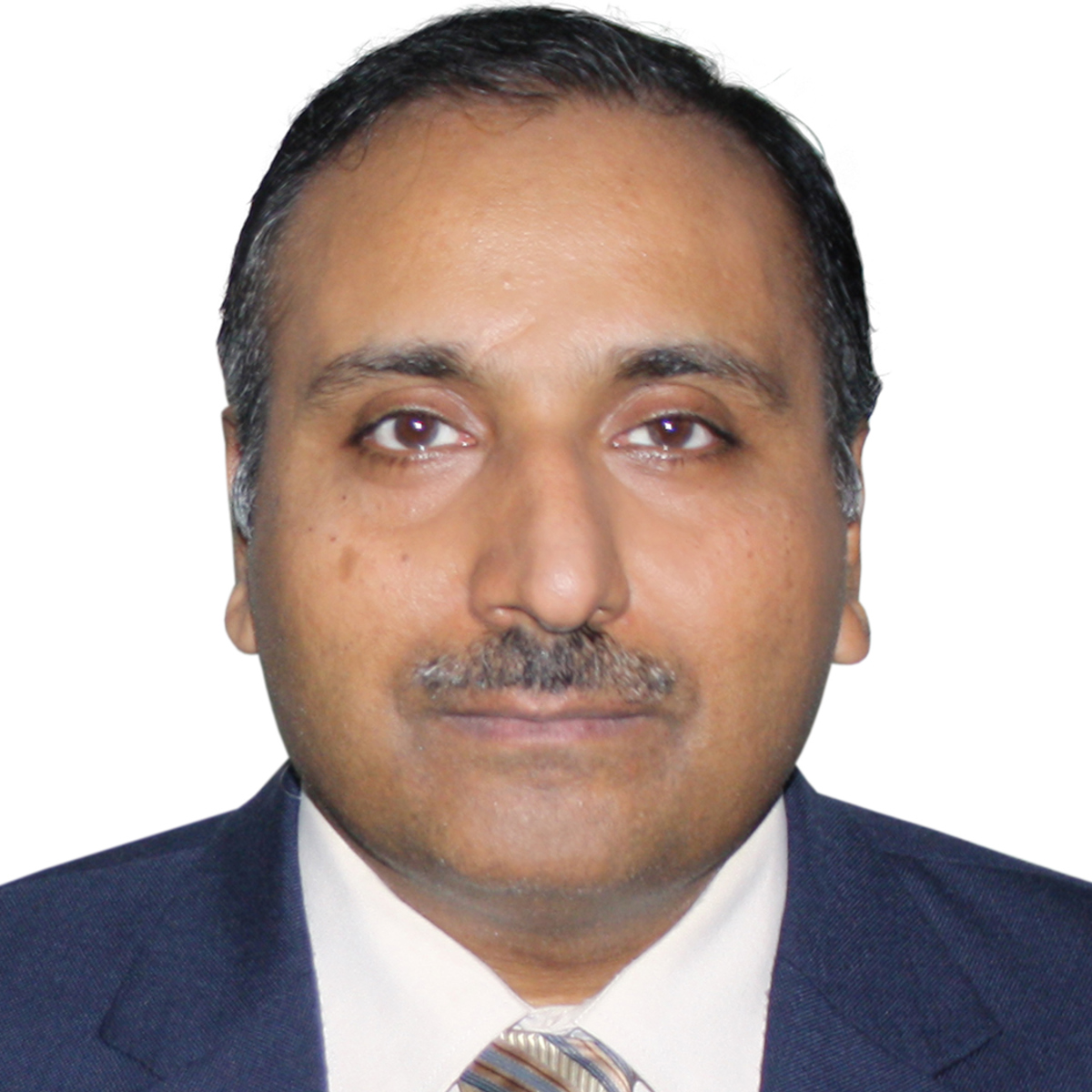
Professor Athar Hussain
COMSATS University Islamabad, Pakistan
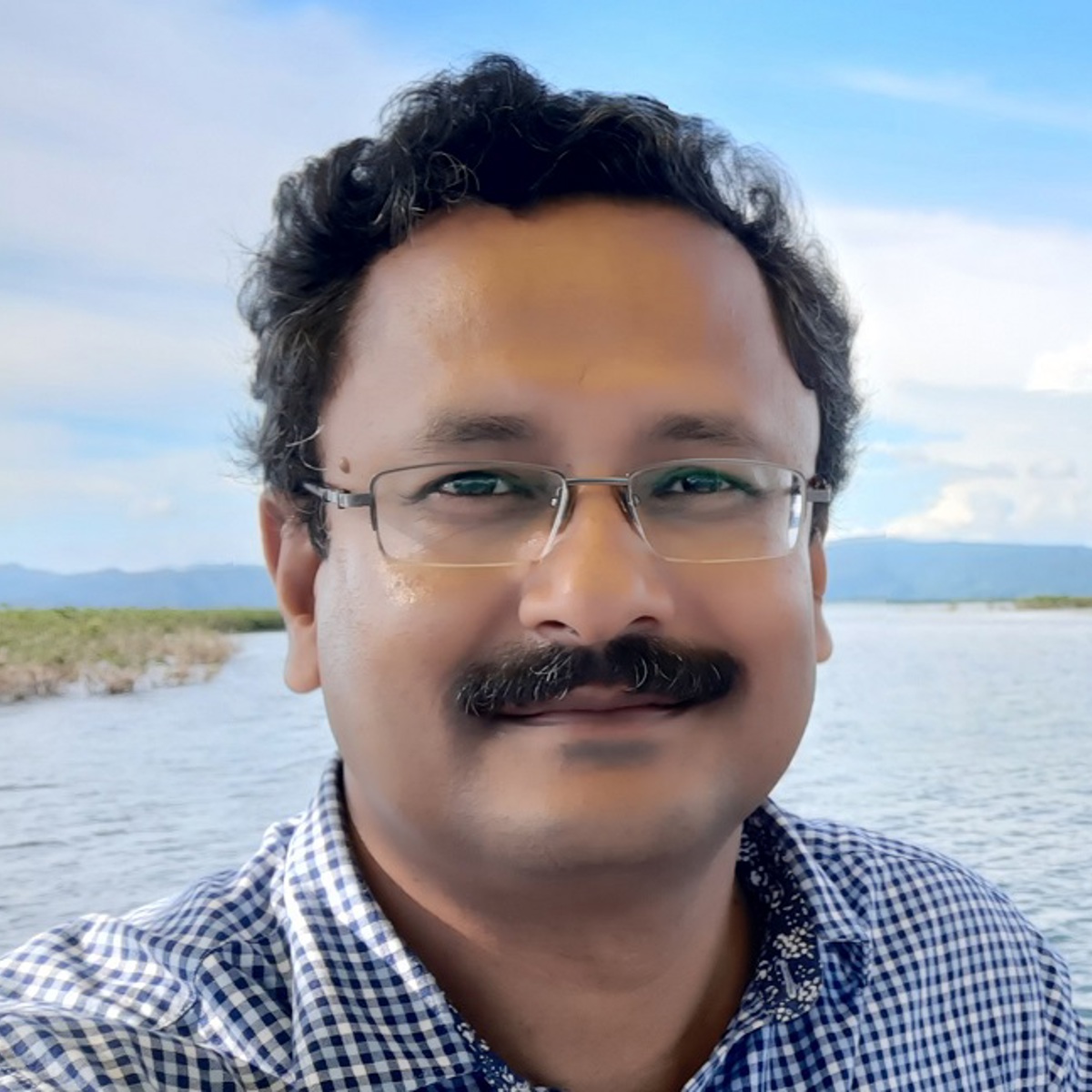
Dr Haseeb Irfanullah
University of Liberal Arts (ULAB), Bangladesh
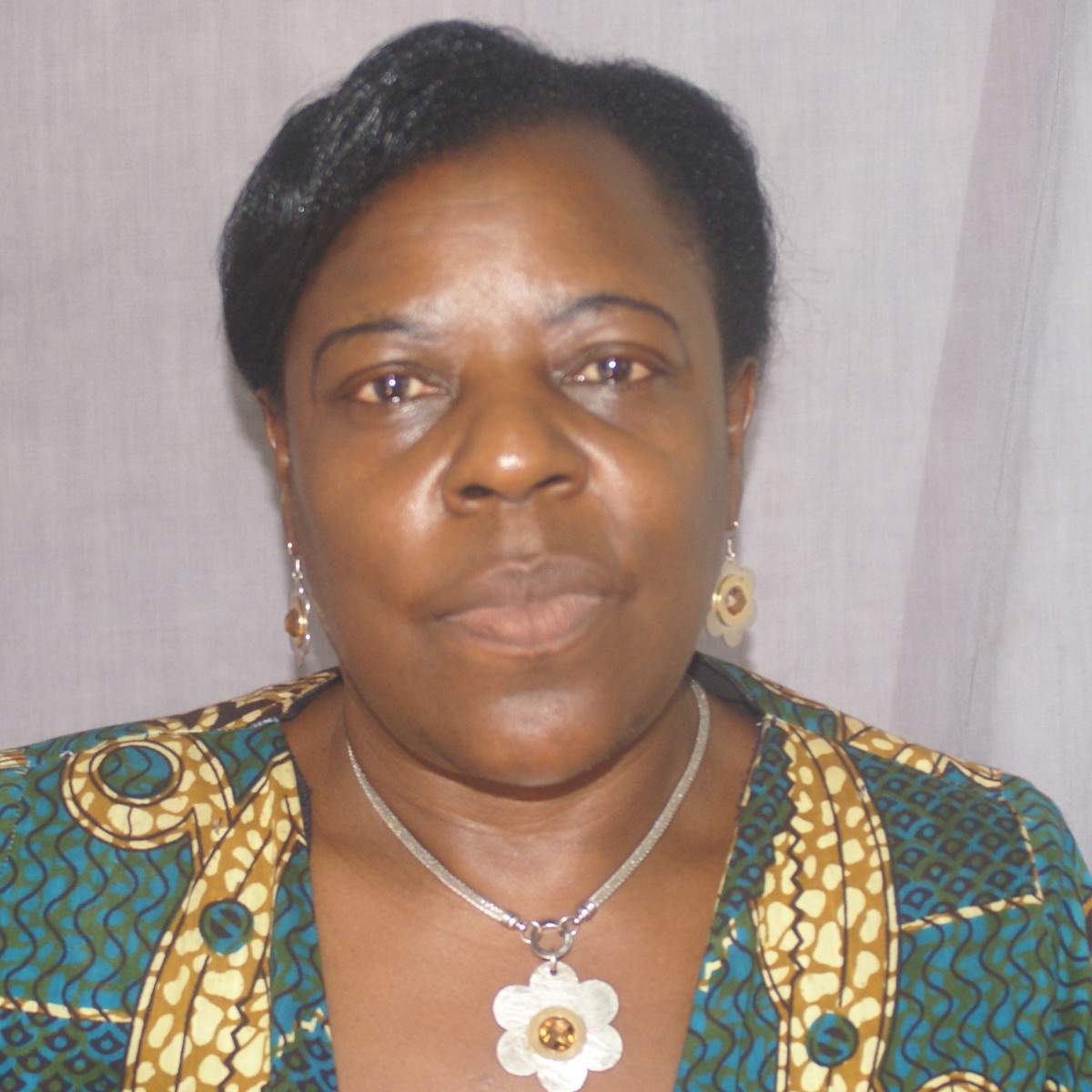
Professor Goretti Nassanga
Makerere University, Uganda
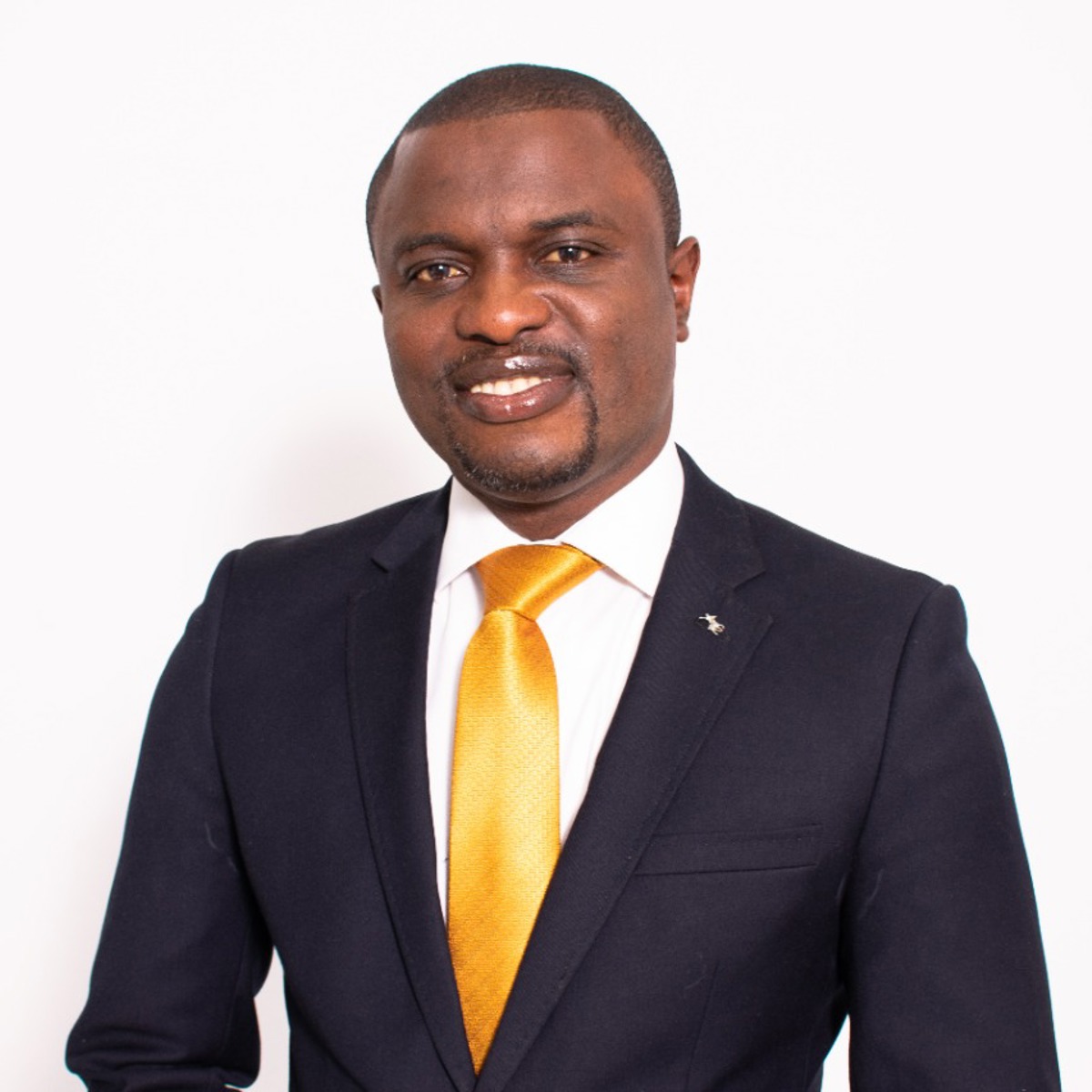
Professor Abiodun Ogundeji
University of the Free State, South Africa
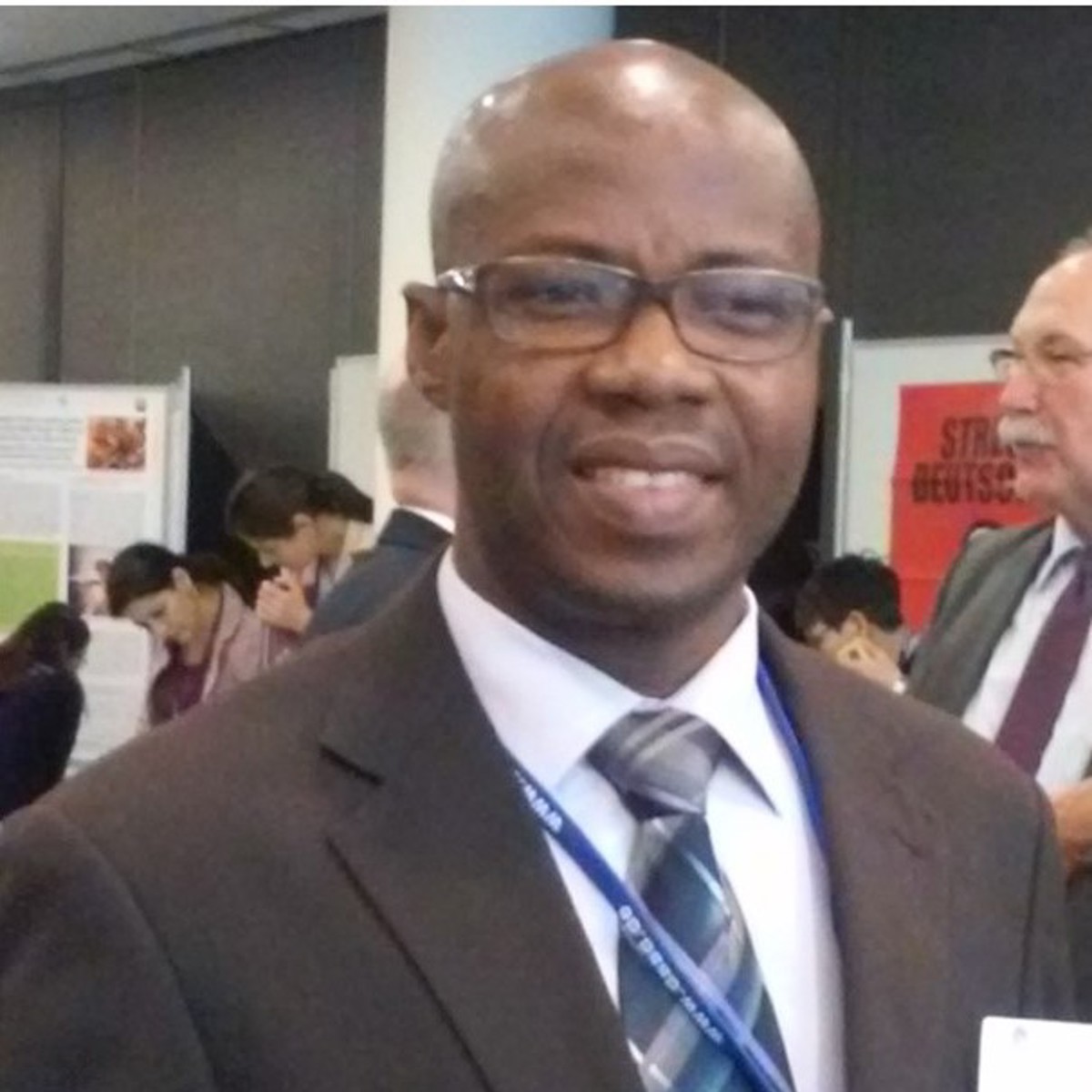
Professor Johnny Ogunji
Alex Ekwueme Federal University Ndufu-Alike (AE-FUNAI), Nigeria
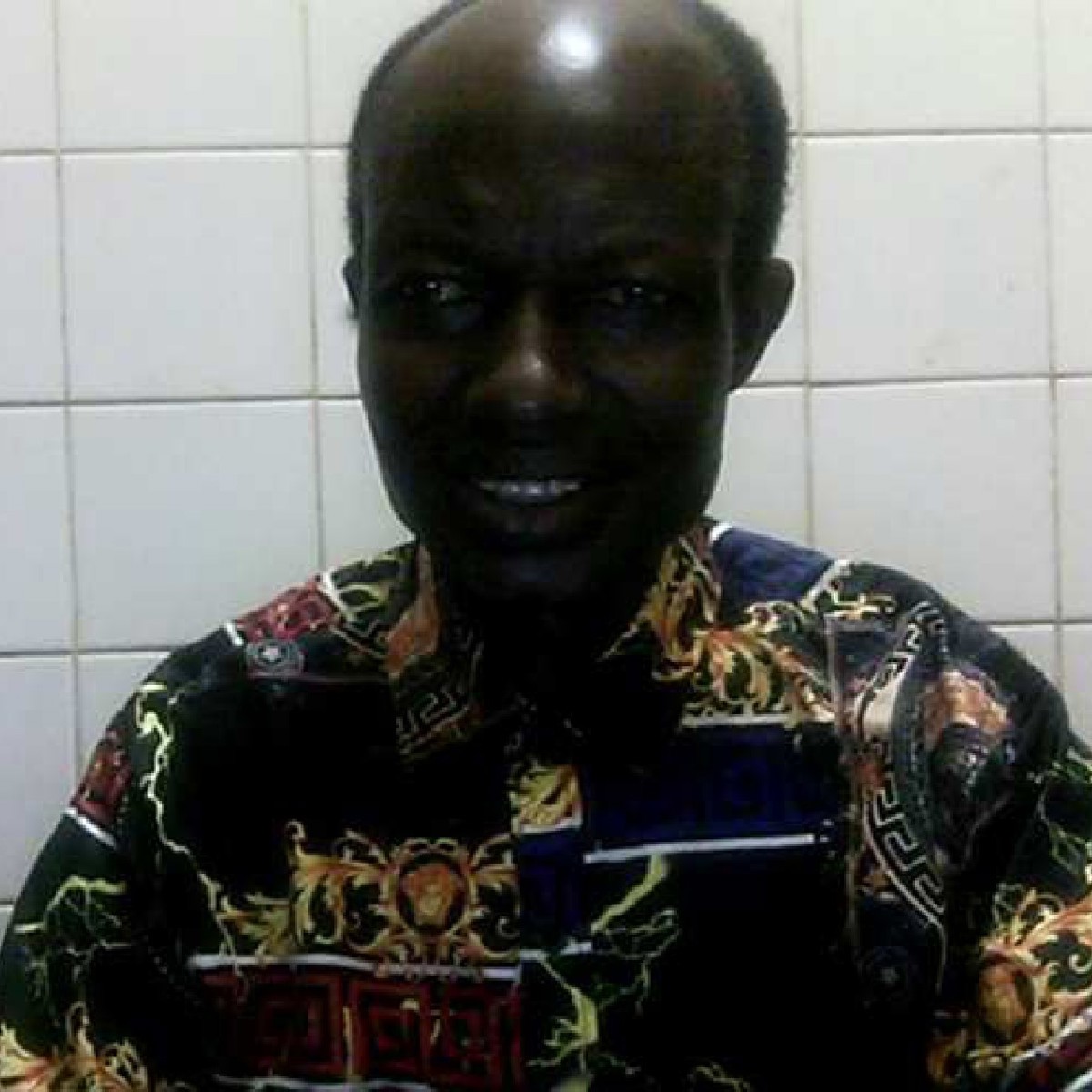
Dr Wilson Okaka
Kyambogo University, Uganda
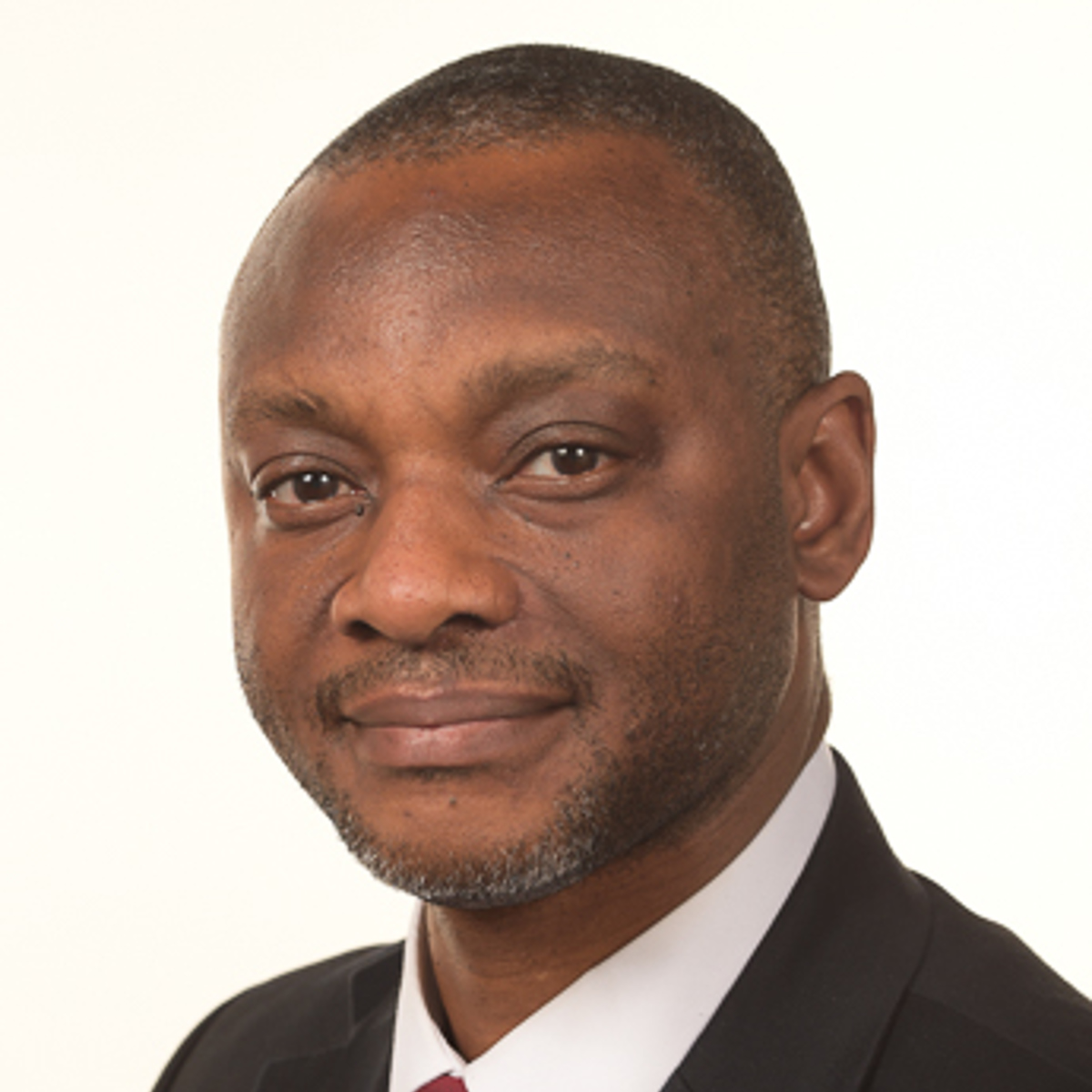
Dr David Oloke
University of Wolverhampton, UK
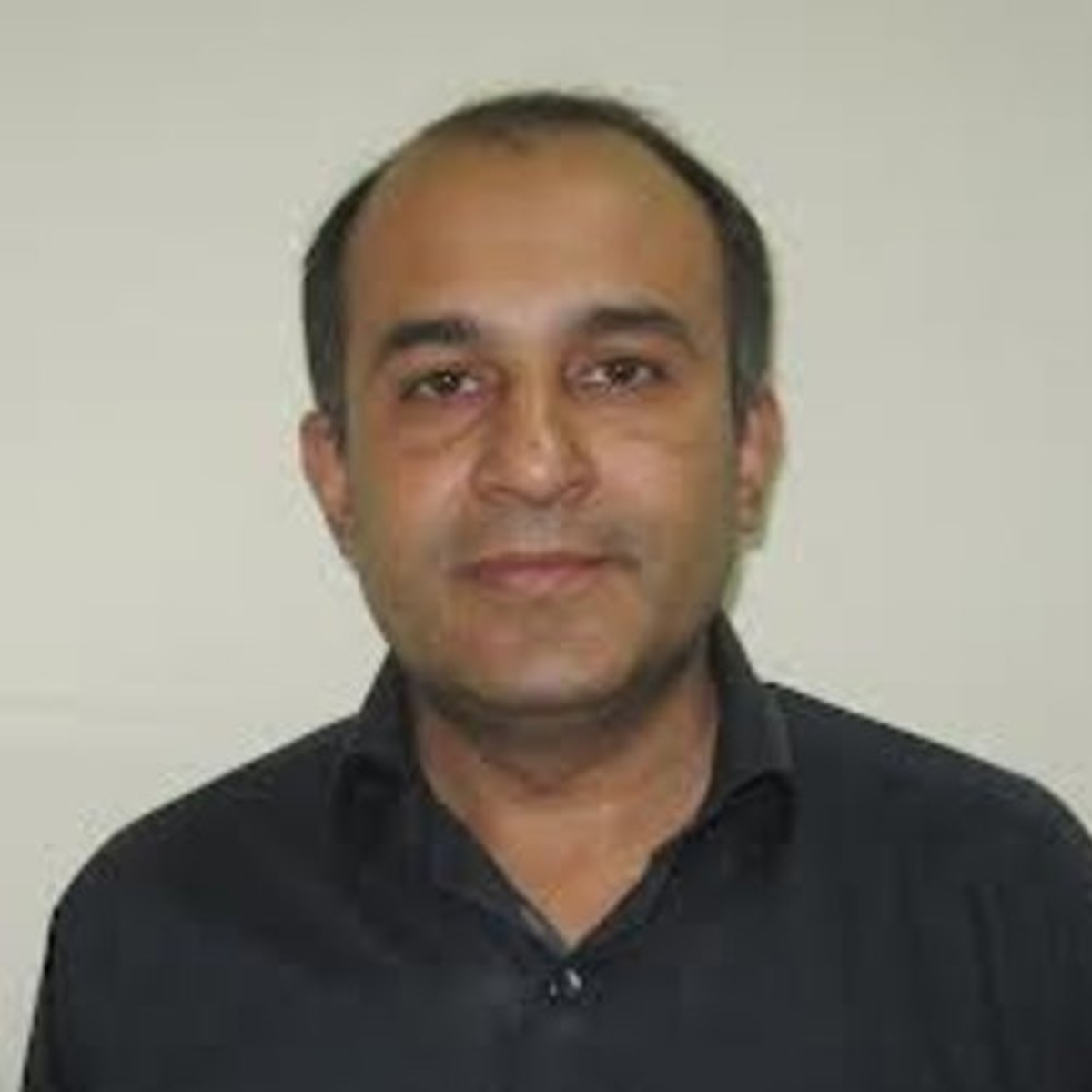
Dr Naeem Shahzad
National University of Science and Technology (NUST), Pakistan
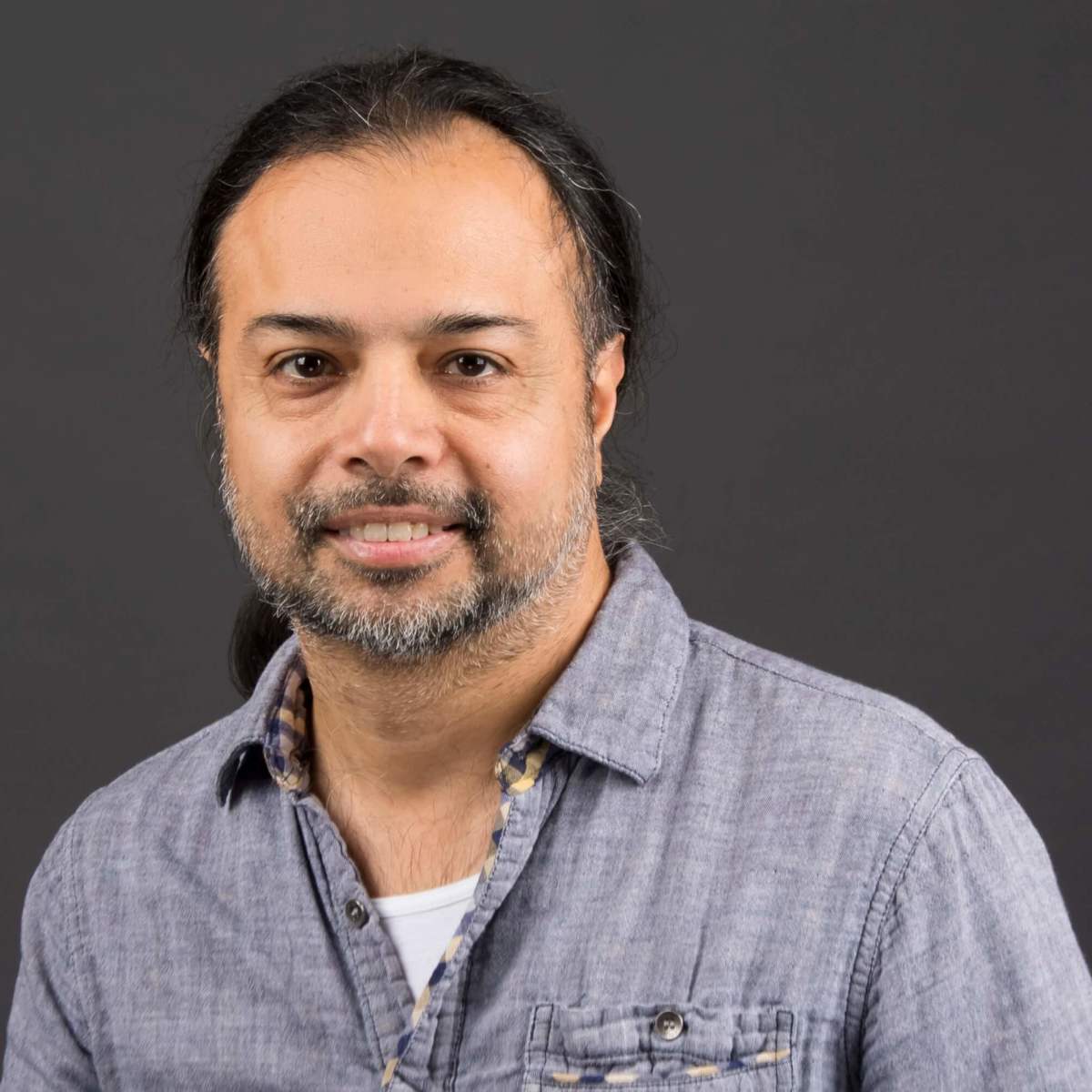
Professor Simon Singh
University of Waterloo, Canada
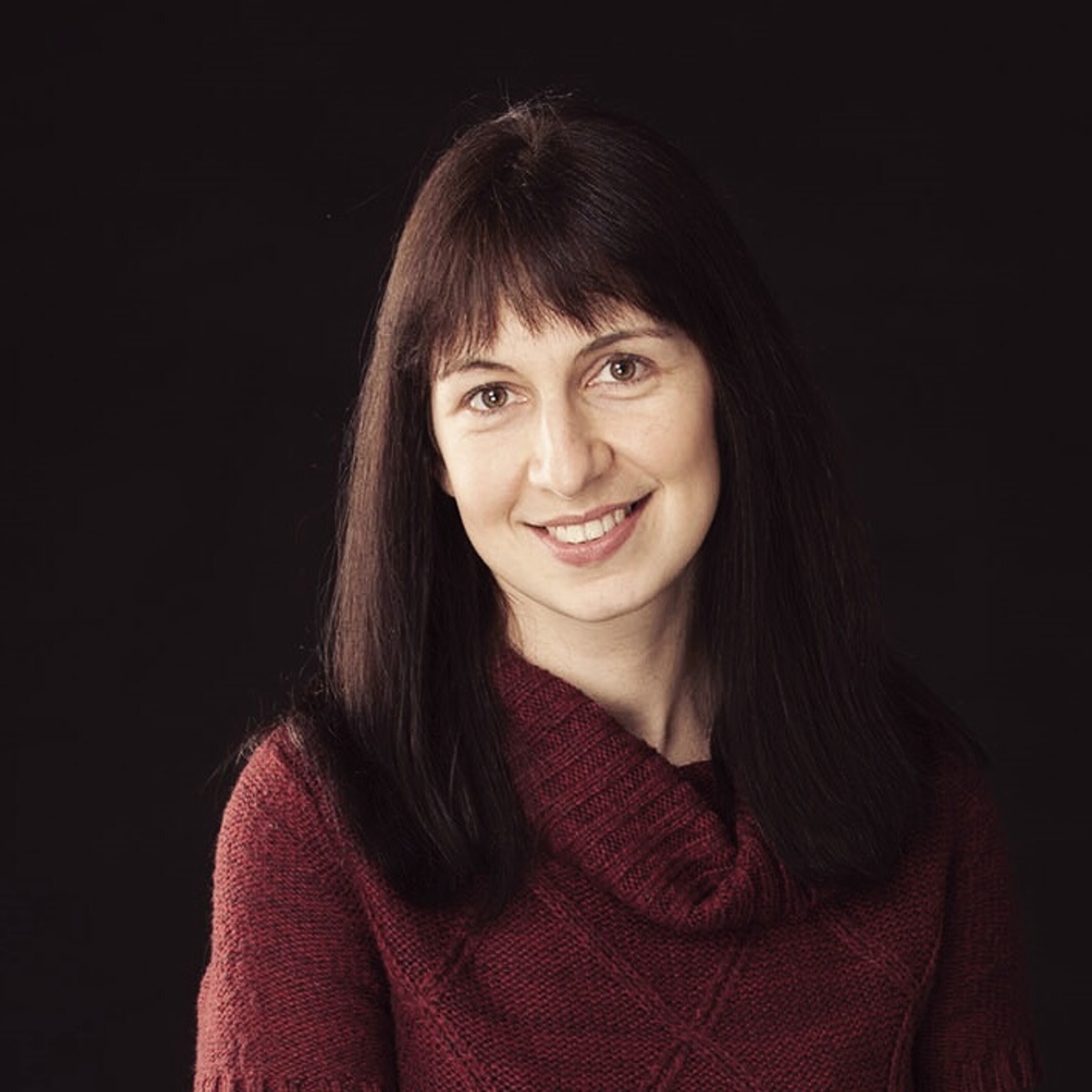
Professor Lindsay C. Stringer
University of York, UK
Professor Aliyu Barau
Beyero University Kano, Nigeria
